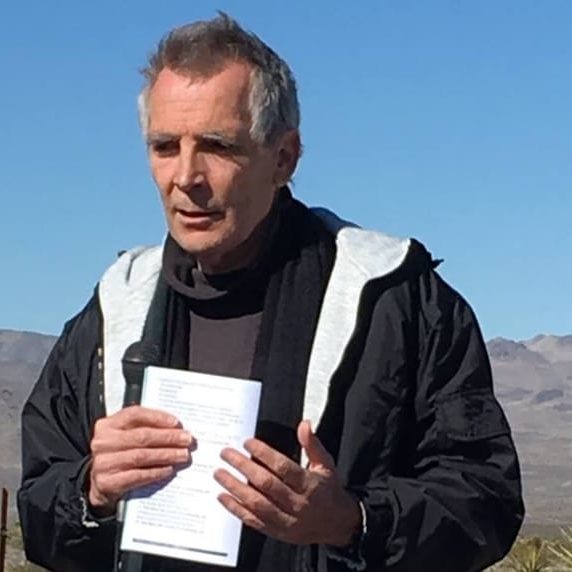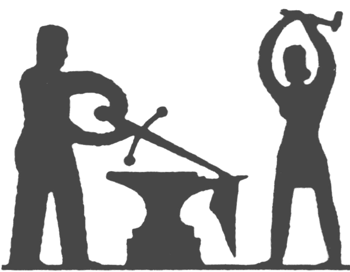Steve Kelly SJ

A lot of travel in my life. I was what was called an Air Force dependent. My father was in the Air Force for 27 years. One of the places we stayed for 2 years was Turkey. I was adolescent. While in the Eastern Mediterranean I encountered poverty on a very pronounced scale. As it turns out it affected me. I saw systems at work or dysfunctional at that impressive age. It was later when I went to college that I began to do an analysis of the structures of poverty and racism. I also had the opportunity to reflect on my own involvement in bigotry. I felt I was called to something deep for my life. I would end up being ordained a Roman Catholic priest in the Jesuit order in 1990. But in my Jesuit formation many ministries and immersions would take me to the inner cities as well as Sudan Africa and after ordination to work with refugees in El Salvador. I can say that I encountered Christ in these experiences of the poor from Turkey to the urban United States and in Central America. I encountered Christ in the poor.
The experience and the people taught me a lot about nonviolence, violent structures and systemic poverty. I had a long lasting desire to address if not eradicate the causes of poverty. Simultaneously the image of Christ in these instances also included that of a shepherd. The Gospel has many instances of the parables of Jesus inserting himself between the flock and the dangers; namely the thief and the wolf. In today’s or rather contemporary application of the Gospel is that Christ is incarnate in the poor in the flock and the thief is the budget dedicated to war profiteering and nuclear annihilation. The wolf is the ever-present danger of the threat and, God forbid, the use of nuclear weapons. So it is my life long quest to imitate the Good Shepherd. I will insert myself between the dangers and the flock.
In order to use my limited time I will, along with others, try to embody the vision given to us through the prophet Isaiah. It is a conversion of weapons to devices for human production. The gift of Isaiah 2:4 is an economic, political, and moral conversion of the violence of nuclear annihilation. With others, I hope to be instruments in God’s hands for showing a way out of the escalation, the proliferation of this scourge of humanity. I feel strongly that Martin Luther King Jr. would agree with the principle I attribute to Gandhi that we cannot be fully human while one nuclear weapon exists.
